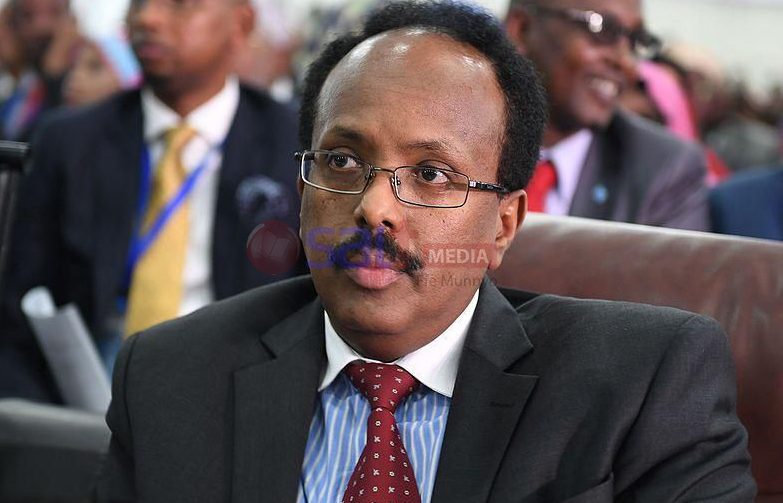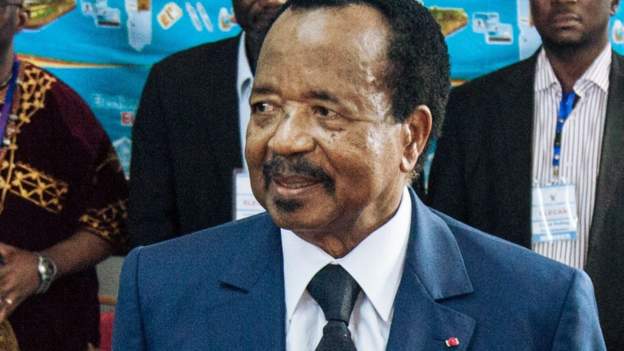The Chief of Defence Forces (CDF), General Muhoozi Kainerugaba, has strongly criticized a recent Supreme Court ruling that halts trials conducted by military courts, calling it "unfortunate and unacceptable."
Speaking at the 44th Tarehe Sita celebrations in Kyotera District, Muhoozi warned that the judgment could compromise national security and disrupt the command structure of the Uganda People’s Defence Forces (UPDF).
The landmark ruling, delivered unanimously by seven Supreme Court justices on January 31, reaffirmed that the General Court Martial functions as a disciplinary unit within the UPDF rather than a judicial body. This means it can no longer try civilians or handle certain cases.
However, Muhoozi strongly opposed the ruling, stating:
“This development is very unfortunate and quite unacceptable. It could lead to a national security crisis, threatening effective command, control, and administration of the defence forces.”
He further revealed that efforts are already underway to amend the UPDF Act in response to the court’s decision.
“We have embarked on engagements with the concerned stakeholders to streamline the powers of the court martial,” Muhoozi said.
UPDF's Role in Uganda’s Stability
During his speech, Muhoozi also highlighted the critical role played by the UPDF and its predecessor, the National Resistance Army (NRA), in stabilizing Uganda.
He credited the military for ending lawlessness and laying the foundation for national development, emphasizing that:
“The UPDF, without doubt, remains a foundation upon which democracy and socio-economic transformation can be realized.”
Legal Challenges to Military Court Amendments
Despite the CDF’s strong stance, legal experts have pointed out that any amendments to the UPDF Act must align with the Ugandan Constitution.
Article 92 of the Constitution prohibits Parliament from passing laws that alter judicial decisions, while Article 137 grants courts exclusive authority on constitutional interpretation—reinforcing the Supreme Court’s ruling.
Additionally, while the ruling declared civilian detentions under military jurisdiction illegal, the government has yet to release detained political figures, including opposition leader Dr. Kizza Besigye.
Muhoozi has previously made controversial remarks regarding Besigye’s detention, suggesting that the veteran opposition figure would only leave custody “in a coffin or on his knees.”
What’s Next?
With legal and political tensions mounting, the UPDF’s next move—especially regarding amendments to the UPDF Act—will be closely watched. The Supreme Court ruling has set the stage for a potential constitutional showdown between the military and the judiciary.


















